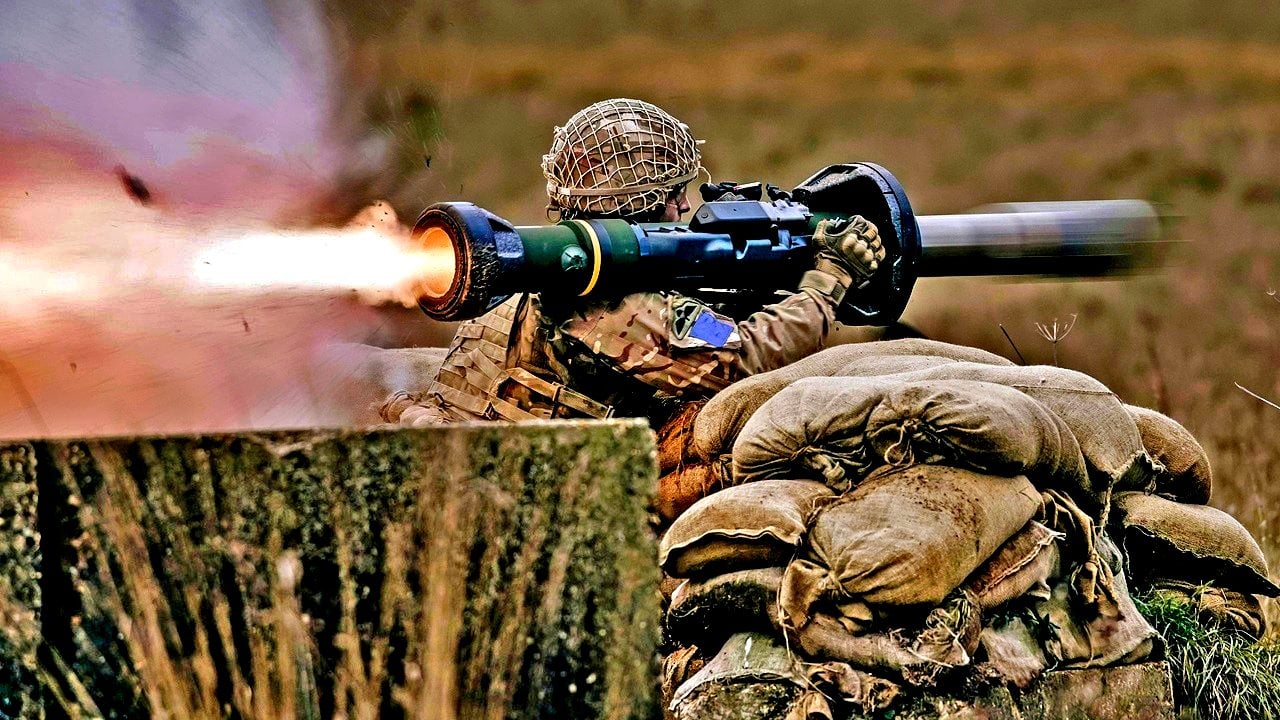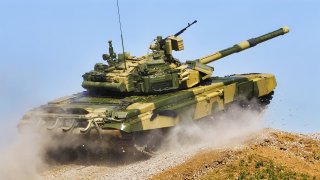The Kursk Offensive: A Net Assessment
By itself, the Ukrainian occupation of Russian territory in Kursk may not discomfit Putin for long. But if it leads other actors to conclude that Ukraine’s Kursk offensive shows that Putin is unable to respond effectively to whatever they are contemplating, then Putin and his generals could find themselves overwhelmed with crises.
There have been widely differing assessments of the impact of Kyiv’s surprise military offensive, resulting in Ukrainian forces occupying territory inside the Kursk region, which Russian forces there did little to resist.
Some see it as a great triumph for Kyiv, which has humiliated Putin, bolstered Ukrainian morale, and given Kyiv a bargaining chip for seeking Russian withdrawal from internationally recognized Ukrainian territory now occupied by Putin’s forces. The large number of Russian soldiers who were captured by or just surrendered to Ukraine also gives Kyiv leverage for seeking the return of Ukrainian soldiers captured by Russia.
Others, however, see the Ukrainian occupation of Russian territory in the Kursk region as a forlorn hope since it has not stopped Russia’s grinding advance against Kyiv’s forces inside Ukraine. They point out that Kyiv’s Kursk offensive has taken forces away from the ranks of those Ukrainian forces defending against Russia’s advance in Donetsk.
How will this situation play out? It seems highly likely that if Russia’s advance in eastern Ukraine continues, then Kyiv will have to redeploy its forces now in Kursk back to eastern Ukraine. A Ukrainian push to occupy even more Russian territory, even if successful, would take more Ukrainian troops away from eastern Ukraine, thus facilitating Putin’s advance there. None of this bodes well for the Ukrainian position.
It is truly shocking though, that Ukrainian forces were able to occupy a significant amount of Russian territory, that the Russian forces present there put up such little resistance, and that Putin did not quickly redeploy Russian forces from eastern Ukraine to Kursk.
More recently, there have been reports that Moscow has redeployed as many as 30,000 troops to Kursk, but has mainly drawn them from elsewhere than the Donestsk front—perhaps more to halt further Ukrainian advances into Kursk than to push Ukrainian forces out of Kursk altogether.
Putin has made the decision not to redeploy any of his forces involved in the Russian advance into eastern Ukraine and risk slowing down that effort. Putin himself observed that, “The main goal that the enemy set itself, to stop our offensive in Donbas, hasn’t been achieved. Moreover, we’re now talking not about advancing 200 or 300 meters. We haven’t had such pace of our offensive in Donbas for a long time,”
Perhaps Kyiv will be forced to withdraw its forces from Kursk to fight against an accelerating Russian advance in eastern Ukraine. But until it does, the question arises: If Putin is unwilling or unable to prevent or push back Ukrainian forces from Kursk, is Russia vulnerable to similar moves elsewhere? Ukrainian forces might push into other parts of Russia, though it would not have the surprise factor that its advance into Kursk had, and Kyiv may simply not have sufficient troops to spare for such a move.
But other actors besides Ukraine might see Putin’s seeming tolerance of the Ukrainian occupation of Russian territory as an opportunity.
Could Putin now respond effectively to a declaration of independence by the hitherto pro-Russian rulers of Chechnya or any—much less all—other Muslim republics in Russia’s North Caucasus? Similarly, could Putin respond effectively to a move by Lukashenko, or the leaders of a military coup that ousted him, to throw off Belarus’s alliance with Russia and seek Western support? Could Putin even respond effectively to a move by Moldova, perhaps aided by Ukraine, to retake the Russian-dominated Transnistria region?

These scenarios, as well as similar ones, do not seem likely. But at the beginning of 1989, neither did the collapse of communist regimes throughout Eastern Europe that would occur in the latter part of that year. Nor was it foreseen in December 2010 that the self-immolation of a frustrated Tunisian produce vendor that month would lead to the downfall of several Arab governments soon thereafter.
By itself, the Ukrainian occupation of Russian territory in Kursk may not discomfit Putin for long. But if it leads other actors to conclude that Ukraine’s Kursk offensive shows that Putin is unable to respond effectively to whatever they are contemplating, then Putin and his generals could find themselves overwhelmed with crises. It all depends on whether Ukraine’s Kursk incursion has a cascading effect or not.
So far, though, it has not.
About the Author: Dr. Mark N. Katz
Mark N. Katz, Professor Emeritus of Government and Politics at the George Mason University Schar School of Policy and Government, is also a Global Fellow at the Wilson Center and a Nonresident Senior Fellow at the Atlantic Council. He has contributed numerous articles to The National Interest.
Image Credit: Creative Commons and/or Shutterstock.


